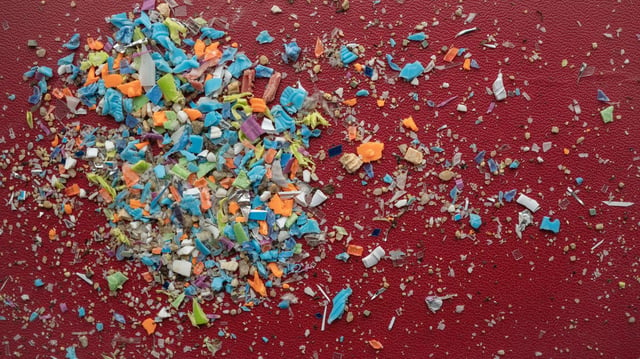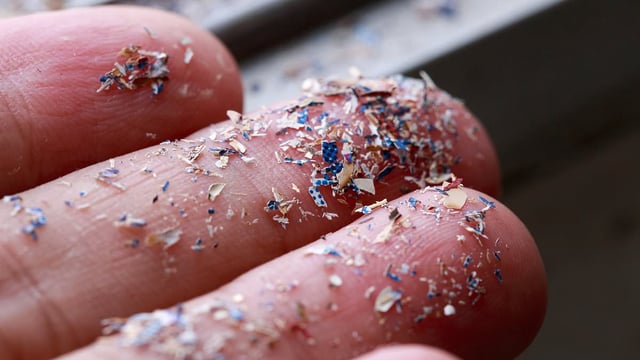Overview
- CBmed researchers used stool-derived microbiome cultures from five healthy volunteers and exposed them to polystyrene, polypropylene, LDPE, PMMA, and PET.
- Microplastic-treated samples consistently showed a drop in pH, indicating altered microbial metabolism, while total bacterial cell counts stayed largely stable.
- Compositional changes appeared in families such as Lachnospiraceae, Oscillospiraceae, Enterobacteriaceae, and Ruminococcaceae, mostly within the phylum Bacillota.
- Some shifts resembled microbiome patterns reported in depression and colorectal cancer, and the authors stressed this does not demonstrate causation.
- The team tested exposure-range and higher doses, proposed mechanisms including biofilm formation and chemical effects, and presented the findings at UEG Week 2025 in Berlin.


